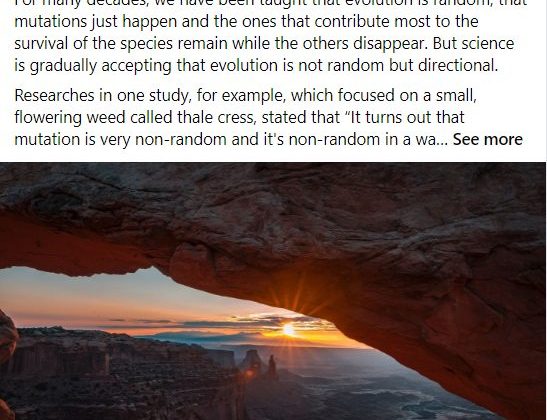“To be, or not to be, that is the question,” mused Prince Hamlet in the so-called “nunnery scene” of William Shakespeare’s play Hamlet. Every year, around the world, some 800,000 people answer this question negatively and take their own lives.
Even worse, suicide is one of the leading causes of death among young people. Why do people, especially young ones, take their own lives? Is it possible to strengthen their desire to live?
The authors of the Talmud wrote, “For two and a half years, the House of Shammai and the House of Hillel disputed. One side said, ‘It is better for man not to be born than to be born,’ and the other side said, ‘It is better for man to be born than not to be born.’ They concluded, ‘It is better for man not to be born than to be born, but now that he is born, let him look into his actions’” (Eruvin 13b). Indeed, if an alien were to land on Earth and look at us, it would probably say, “The pathetic humans bump into each other, ridicule and humiliate one another, and do everything they can to ruin each other’s lives. No wonder they are so depressed. Why did nature create such miserable beings?”
“Suicide is the extreme consequence of a series of problems that afflict people to the point where they decide to end it all. But even before these problems become too much to handle, they make us ask about the meaning of life. After all, if life is only about survival through ordeals, then it is indeed better not to be born than to be born.”
Suicide is the extreme consequence of a series of problems that afflict people to the point where they decide to end it all. But even before these problems become too much to handle, they make us ask about the meaning of life. After all, if life is only about survival through ordeals, then it is indeed better not to be born than to be born.
The thing is that when we begin to ask questions about life, or as the sages wrote, “look into our actions,” we begin to grow. Pain leads to spiritual development that lifts us to realms we would not have dreamed existed, and we would not have searched for them were we not forced by pain.
The key to these new realms lies in fostering positive connections among people, in emerging from the mindset of alienation and narcissism we have so devoutly nurtured until now, to find that when we sympathize with others, we gain rather than lose. We win new perspectives and new ideas, new wisdom and knowledge, and new friends. By changing our attitude to others, we change our world.
Moreover, by choosing who we bond with, we shape and reshape our world with every new acquaintance. In this way, no world is too harsh to live in, since we can always change the people we connect to, and in so doing, change our world. Also, there is no end to the insights and knowledge we can gain since there are always more connections to make than we can establish in our lifetime.
“If we want people not to take their own lives, we must give them a reason to live. When people understand what life is for, they will have a purpose to go through life’s trials and tribulations. As Nietzsche wrote, “He who has a why to live for can bear almost any how.””
And best of all, when we connect with other people, we attune ourselves to our surrounding reality, which is already connected and would have worked in perfect harmony if we, humans, did not disrupt it. The more we develop positive connections, which aim to support and nurture rather than depress and oppress one another, the more we expand our perception of reality. We find that the reality we have known until now was only a “corridor” to a deeper and more expansive perception.
If we want people not to take their own lives, we must give them a reason to live. When people understand what life is for, they will have a purpose to go through life’s trials and tribulations. As Nietzsche wrote, “He who has a why to live for can bear almost any how.”
Therefore, our task today is to reshape our connections in order to reshape our world. The world reflects our attitude toward others. If we jointly transform our attitude toward others from abusive and aggressive to considerate and caring, the lives of all of us will change, as well, from a losing battle to a smooth and pleasant ride. It is really up to us.











